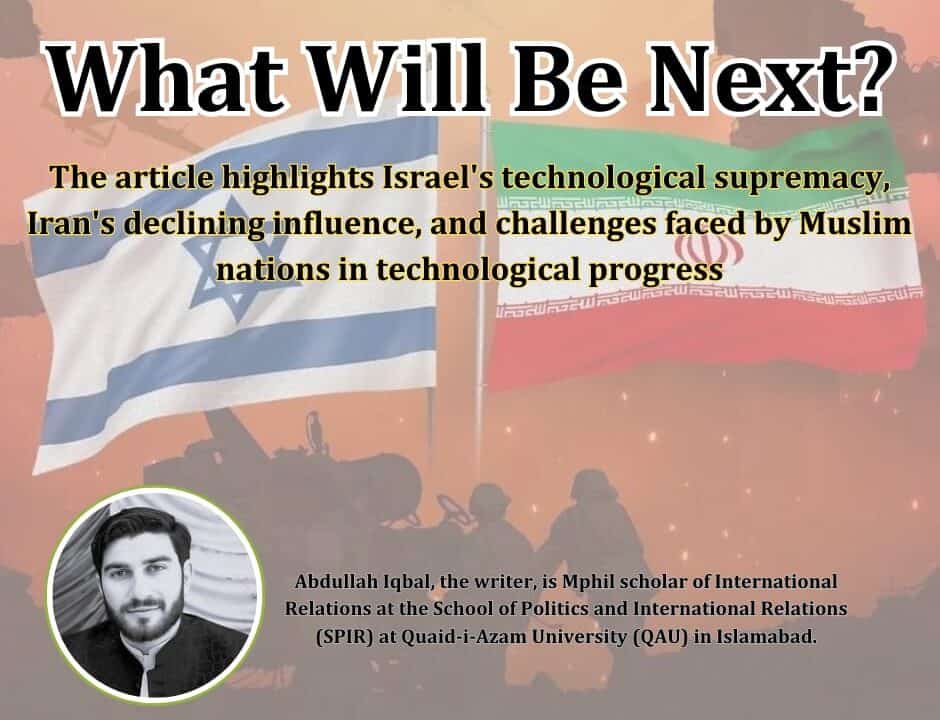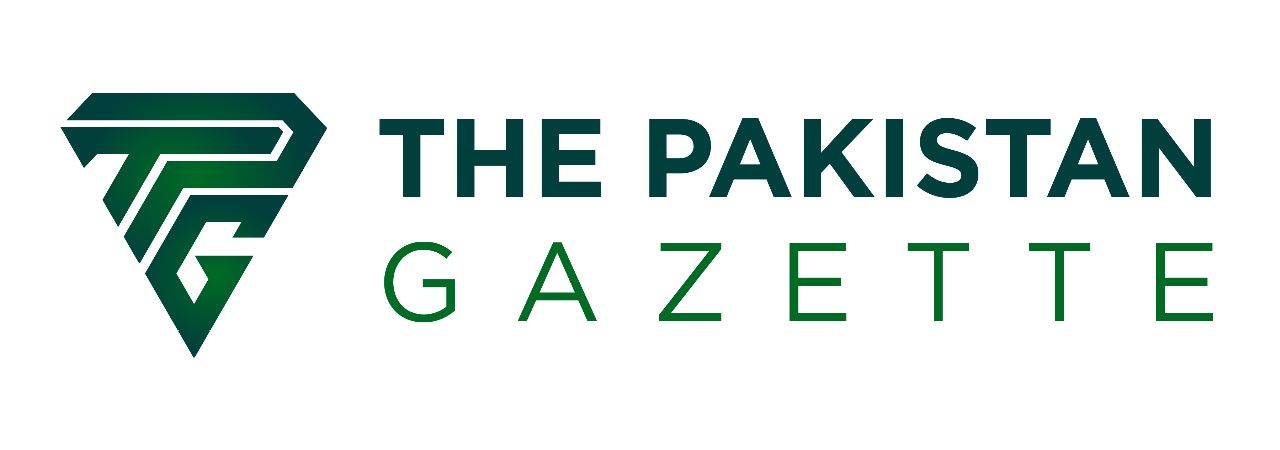
What Will Be Next?
The Middle East remains a flashpoint of international crisis, particularly due to the ongoing conflict in Gaza, now regarded as a significant threat involving nuclear weapons and weapons of mass destruction. Israel has continued to assert its technological dominance, particularly in military intelligence and warfare, which has left the Muslim world, especially Arab nations, in awe. For instance, incidents in Lebanon where Israel used advanced communication technologies, such as targeting Hezbollah’s pagers and walkie-talkies, have been unprecedented. This shocked the world, and Israel’s precision strikes have successfully targeted top leaders of the Axis of Resistance, including Ismail Haniyeh and Hezbollah Commander Faud Shakur.
Among these leaders, Hezbollah’s Hassan Nasrallah stands out as a prominent figure, often compared to Iran’s Ayatollah Khomeini. Nasrallah is seen as a hero not only in Lebanon but across the region. However, recent attacks have greatly damaged Hezbollah’s infrastructure, shattering its communication systems and killing senior military commanders. In a speech, Nasrallah admitted that “without a doubt, we have suffered a major blow.” Despite these setbacks, he warned that “the reckoning will come” as Israel and Hezbollah continue to exchange fire along the Lebanese border.

The past six months have seen the targeted assassinations of key Hezbollah frontline leaders, suggesting that the organization has become highly compromised. Some members may be acting as spies for Israel, reporting on their activities, including detailed meeting minutes because the attacks were very precise in manner. The assassinated leaders include Wassim Hassan Tawil (Hajj Jawad), who was killed on January 8, 2024, by Israeli drones in Khirbet Selem; Sami Talib Abdullah (Hajj Abu Talib), killed in June 2024 during an Israeli raid in Joya; Mohammed Nasser (Hajj Abu Nimah), assassinated in July 2024 by an Israeli drone strike in Tyre; and Fouad Shukr (Hajj Mohsen), who was killed on July 30, 2024, in an Israeli airstrike on a building in Haret Hreik, southern Beirut. Additionally, Ibrahim Aqil (Ibrahim Tahseen) was assassinated on September 20, 2024, by missiles fired from an F-35 aircraft in the Jamous area; Ahmed Wahbi was killed on the same day during an Israeli raid in Jamous, alongside Ibrahim Aqil and 14 other fighters. Furthermore, Ibrahim Qabisi (Hajj Abu Musa) was assassinated on September 24, 2024, in an airstrike on Ghobeiry, while Mohammed Hussein Sorour (Hajj Abu Saleh) was killed on September 26, 2024, in a raid by an F-35 aircraft in the Al-Qaim neighbourhood. Most notably, Hassan Nasrallah was announced dead by Hezbollah following an Israeli airstrike in Beirut.
This significant loss raises questions about the potential for retaliation from Iran and Hezbollah. Nasrallah warned that “the reckoning will come” as the two sides continue to exchange fire across the Lebanese border. However, Iran and Hezbollah face a significant challenge in countering Israel’s advanced military capabilities. Israel’s robust air defence system, known as “Iron Dome,” poses a formidable barrier, and Iran lacks the modern technology and weaponry necessary to challenge it effectively.
Iran, despite having abundant resources that could have positioned it as an emerging global power, has been in steady decline since the Islamic Revolution. The revolution’s focus on ideological governance has hindered Iran’s economic and political potential. Instead of utilizing its wealth and strategic position, Iran has faced international sanctions, isolation, and economic mismanagement. Foreign investment has dwindled, and the country suffers from severe economic difficulties.
Moreover, Iran possesses significant natural resources, including the fourth-largest proven oil reserves in the world, estimated at 156 billion barrels, and the second-largest natural gas reserves, totalling approximately 34 trillion cubic meters. Additionally, Iran holds a prominent position in mineral production. However, despite these vast resources, Iran’s global standing remains marginal, largely due to its failure to leverage these assets effectively for economic growth and development.
The revolution not only limited Iran’s economic prospects but also curtailed civil liberties and cultural expression. The Islamization of Iranian society, particularly in education and culture, has led to intellectual stagnation. The state’s aggressive foreign policy has further isolated Iran, with ongoing sectarian conflicts and radicalization worsening its standing in the region.
Post-revolution governance has prioritized Islamic ideology over pragmatic policies, stifling scientific advancement and limiting political freedoms. Intellectual stagnation, particularly in critical thinking and academic discourse, has contributed to Iran’s inability to modernize. Additionally, brain drain—where educated professionals leave the country—has exacerbated this stagnation.
A broader issue affects many Muslim countries as well. Rather than embracing modern scientific inquiry and technological advancements, these nations often find themselves mired in outdated cultural debates focused on minor religious issues. In this decade, there has been a notable absence of scholars who can replicate the intellectual legacies of historical figures like Ibn Khaldun, Al-Farabi, Ibn Sina, Al-Ghazali, Al-Khwarizmi, and Ibn al-Haytham. This disconnect from their rich intellectual heritage further hampers progress and innovation in the Muslim world.
In contrast, Israel has focused on innovation, forming strong international alliances, and maintaining an open economy, which has allowed it to excel in areas where Iran struggles. Israel’s investment in artificial intelligence (AI) and modern warfare technologies has revolutionized its military operations. For instance, Israel’s AI system, known as “Lavender,” has enabled the rapid identification of military targets. This system played a key role in Israel’s recent bombings in Gaza, processing massive amounts of data to identify targets, with human decisions often following the recommendations of AI.
The use of AI in warfare raises ethical concerns.
Experts like Dr. Marta Bo and Richard Moyes have pointed out the risks of “automation bias,” where humans may become overly reliant on AI and fail to properly assess the potential harm to civilians.
Despite these concerns, Israel’s AI-driven military strategy has proven effective, further enhancing its dominance in the region.
Countries like Saudi Arabia and Pakistan, lacking the technological capabilities of Israel, may be forced to reconsider their stance toward the Jewish state. Under the pressure of Israeli technological superiority, these nations might re-evaluate their constructed historical narratives and foreign policies.
Israel, despite being a small state with a dispersed intellectual population, has managed to out-manoeuvre the 57 Islamic countries with its technological prowess and military strategy. The question remains: what will be next in this evolving geopolitical landscape, and how will nations like Iran and its allies respond to Israel’s growing dominance?
The writer, is Mphil scholar of International Relations at the School of Politics and International Relations (SPIR) at Quaid-i-Azam University (QAU) in Islamabad.

